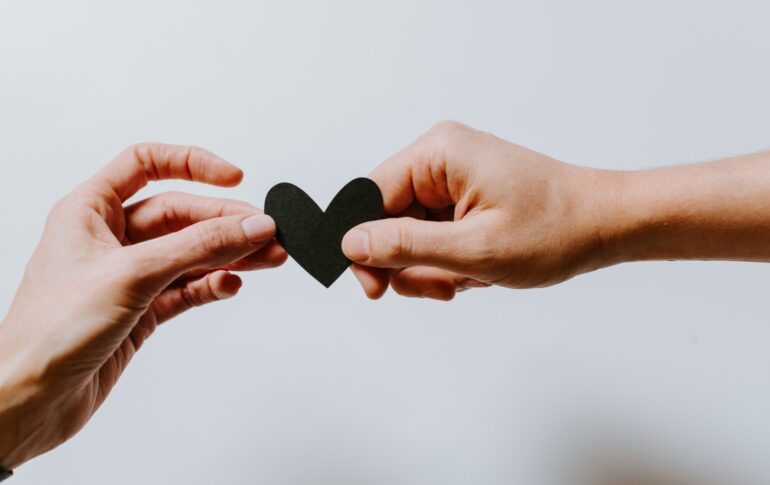I’m a recovering addict who has now been sober for more than a decade.
I grew up in a household where both of my parents struggled with addiction. I know what it’s like to hit rock bottom having served my first prison sentence at age 20. But, more importantly, I know what it takes to bounce back.
Over the last several years, I’ve dedicated my life to combatting the opioid epidemic. I take the responsibility very seriously, especially as an advocate for other women who may be struggling with substance abuse. My husband Brad and I co-founded the 516 Light Foundation which seeks to help those in recovery. We also share our experiences with schools, religious organizations and support groups across the state. It’s a challenging undertaking in Illinois where opioids seem to have penetrated most every layer of society.
The last few months have been particularly difficult with the onset of the coronavirus. As we all work to adjust to a new normal amid the pandemic, those batting substance abuse have found themselves in a perilous situation. In many ways, connection is the opposite of addiction. But COVID-19 has led to a lack of face-to-face counseling opportunities and support groups, not to mention the feelings of isolation and anxiety that come along with the social distancing measures meant to keep us safe. Treatment centers are doing the best they can to adjust and adapt by moving operations online, but it’s simply not the same.
Those of us who work on the front lines of the opioid epidemic are concerned that the frequency of overdoses will only increase as the pandemic continues to take its toll. I have seen the challenges firsthand and can hear the struggle in the voices of those we support on a daily basis.
While COVID-19 presents significant challenges for all of us, it’s important that we try to help those who may be battling addiction during this difficult period.
If you know of someone struggling with any form of substance abuse, reach out and check-in with them. Making yourself available to talk is a great way to combat some of the isolation and loneliness that many may be feeling. This can also help to de-stigmatize addiction.
Additionally, we have to ensure the opioid antagonist naloxone, which has reversed countless overdoses, is in the hands of the family, relatives and friends of those who may be susceptible. Many organizations are conducting virtual naloxone trainings and mailing/delivering naloxone during COVID-19. These efforts MUST continue. It’s also important to note that even before the pandemic arrived, several states had already taken steps to increase access to naloxone by requiring doctors to co-prescribe it when either writing prescriptions for riskier doses of opioids or when prescribing to those who may be at a higher risk.
It will take time to fully assess the impact of COVID-19 on the opioid epidemic but ensuring a support system is in place for this vulnerable subset of the population can truly make a positive difference.
How You Can Help
There are so many in our community who are struggling right now. Here are some organizations that accept donations that help give people the support they need to get through this time.
- A Safe Haven Foundation
A Safe Haven provides housing for individuals and families whose lives have been impacted negatively by addiction. - NAMI Chicago
NAMI provides hope and improves the quality of life for those whose lives are affected by mental health conditions. - The Family Institute at Northwestern University
Connect virtually with therapists, researchers and educators.
Find more deserving nonprofits on our Better List.
More from Better:
- How to Maintain a Positive Mindset During a Crisis
- Feeling Lost or Powerless in the Face of COVID-19? Try Giving Back
- 18 Shows to Stream Now, Based on the Ones You Already Love
 Jessica Gerke is a co-founder of the 516 Light Foundation, a 501c3 aimed at helping those in recovery and bringing hope to the community. She is also the intake supervisor at Banyan Treatment Center in Chicago. To learn more, visit the 516 Light Foundation on Facebook.
Jessica Gerke is a co-founder of the 516 Light Foundation, a 501c3 aimed at helping those in recovery and bringing hope to the community. She is also the intake supervisor at Banyan Treatment Center in Chicago. To learn more, visit the 516 Light Foundation on Facebook.

